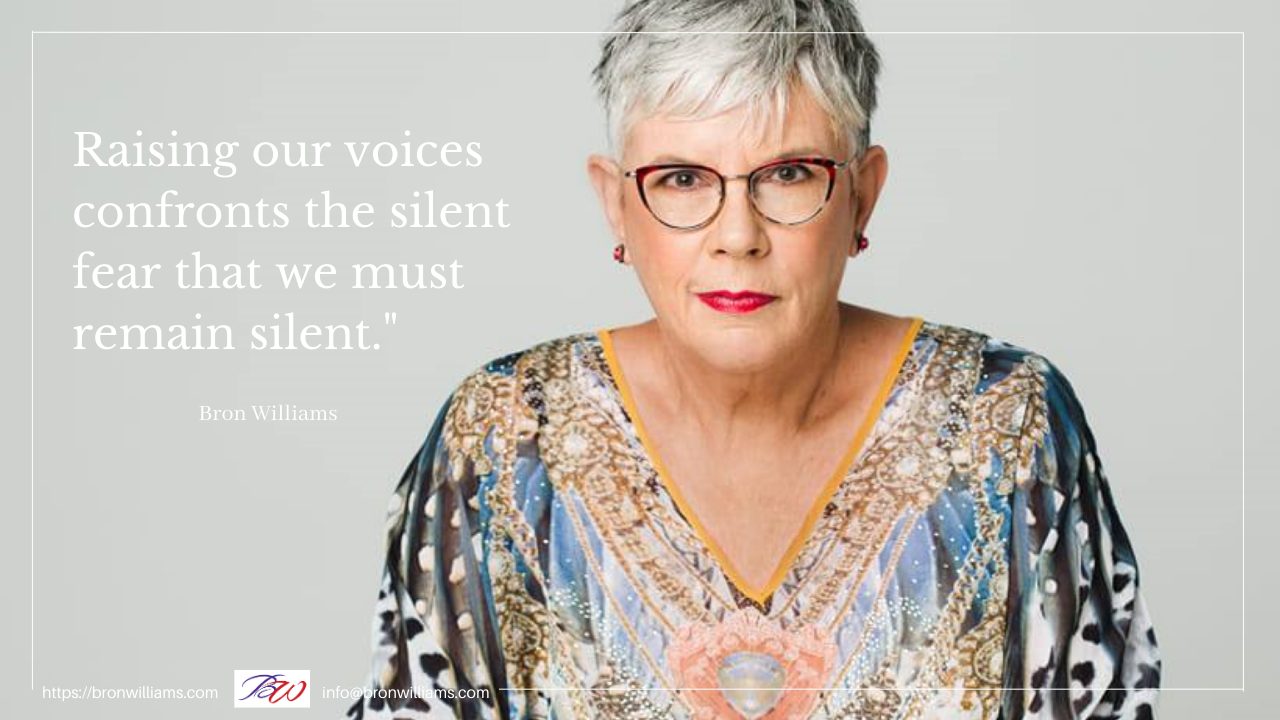Echoes of a Silent Fear

Two weeks ago, I reported a message sent to me via LinkedIn messaging about an unwanted and unsolicited message from a stranger who expressed, rather inappropriately, his love for me. . I considered this to be sexual harassment, something that, despite being unpalatable, was met with indifference by LinkedIn. Their response was simply that the message did not violate their professional boundaries. To express my dismay and frustration, I decided to write a post about the inadequacy of LinkedIn's response.
Posting such public criticism came with a heavy side of fear. Fear of being labelled a troublemaker, fear of losing the professional reputation I had painstakingly built over six or seven years on this platform. I was also fearful of the prospect of being barred from LinkedIn for simply
voicing my disappointment with their nonchalant response to my complaint about sexual harassment.
This scenario underscores the pervasive fear women grapple with daily. The unwanted message itself made me feel stalked and vulnerable,
prompting me to block the sender. I was left feeling unsafe not just from the individual, but also from LinkedIn, as it did not take my complaint seriously.
Following my post, LinkedIn Help contacted me and I am currently awaiting their response to my concerns. However, this ordeal has highlighted
the persistent feeling of insecurity that women experience, not just online, but in the broader world, especially when they dare to raise their voices.
As a woman who has reconnected with her power, it's disconcerting to note that our voices can still be drowned out or invalidated when they're
considered 'uncomfortable' or 'unseemly'. This is not a unique or western culture problem - it’s a global one.
The societal conditioning that silences women, starting from childhood, is deeply ingrained. This conditioning breeds biases in both
genders: men often deem women's voices unimportant or invalid, while women tend to doubt their own voices for the same reasons.
The reality is, there's no quick fix. The answer lies in the continuous recognition of this conditioning and these biases. By recognising them, we have new data points from which we can grow and effect change - not only within ourselves, but also in the systems and structures we live and work
within.
I will continue to raise my voice because I am a woman of power. My voice is valid, my complaints are real, and my perspective is important. As
women, we need to take our words seriously and challenge the conditioning and biases that undermine us. It is only then that we can truly shatter these harmful patterns and create a world where we feel safe and heard.